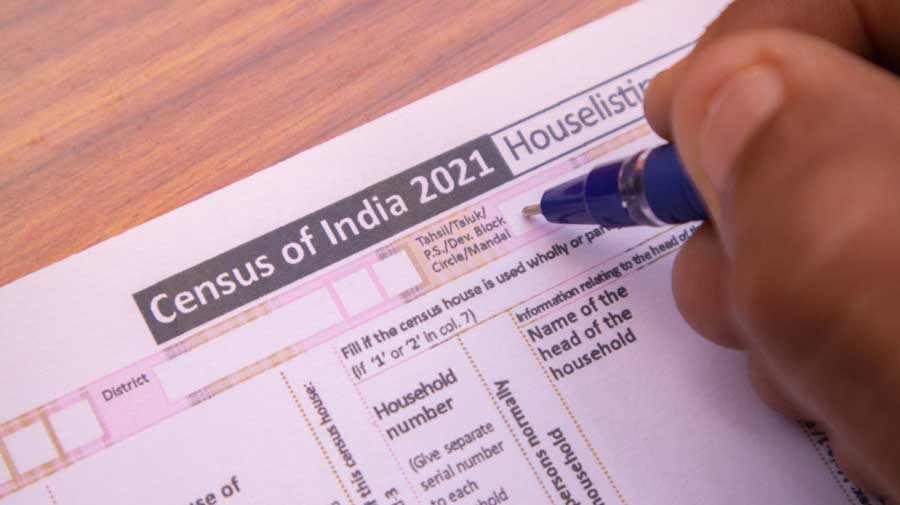It would not be enough for India’s political Opposition to unite in a meaningful way. The legitimacy of this unity — if such a unity comes to pass — as well as the Opposition’s ability to test the Bharatiya Janata Party’s electoral dominance would depend on the former’s ability to carve out an alternative vision. The BJP’s opponents are seemingly moving towards some sort of consensus over this: it is possible that the rhetoric of social justice could be one of the potent weapons in the Opposition’s arsenal for 2024. The conjecture is not unwarranted. In poll-bound Karnataka, the Congress leader, Rahul Gandhi, threw down the gauntlet by challenging the prime minister to publish the findings of the 2011 caste census and demanded proportional representation for the oppressed social groups. Interestingly, the Janata Dal (United) and the Rashtriya Janata Dal in Bihar as well as the Samajwadi Party in Uttar Pradesh have been vocal proponents of a caste census. The objective seems to be two-fold. First, updated data on castes are a fundamental need to craft welfare policies for disadvantaged social groups whose status needs to be evaluated afresh in the light of the Covid-induced implosions in the economy. Second, the BJP’s refusal to publish the caste census data on account of ‘infirmities’ has handed the Opposition a potential weapon to corner the regime before the next electoral test. The latter are keen to explain the BJP’s inertia as proof of the failure of Narendra Modi’s slogan of inclusive growth. In fact, there is reason to suspect that the share of the welfare pie, in violation of the principle of affirmative action, has been inadequate for India’s marginalised communities. The Centre’s data in the upper House on the representation of scheduled castes, scheduled tribes and other backward classes in terms of recruitment to administrative services paint a grimly skewed picture.
If more parties in the Opposition come around to supporting the idea, the forthcoming general election could well be fought along a familiar line: Mandal taking on kamandal. The two have met before and the spoils have been shared in the past. But what makes the Opposition’s challenge tougher on this occasion is that Mr Modi has tasted perverse success in convincing the nation that a majoritarian ethic can be fused with the enigma of progress. It remains to be seen whether the Opposition has the wherewithal to prove that polarisation is, in fact, inimical to real growth.











